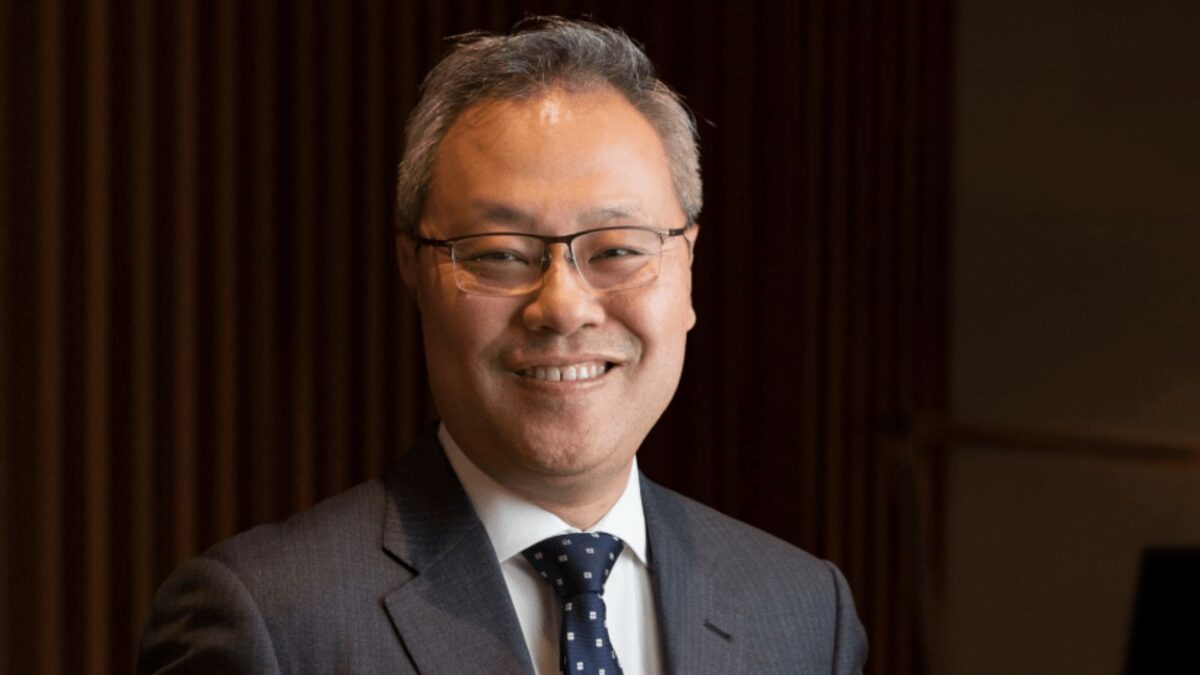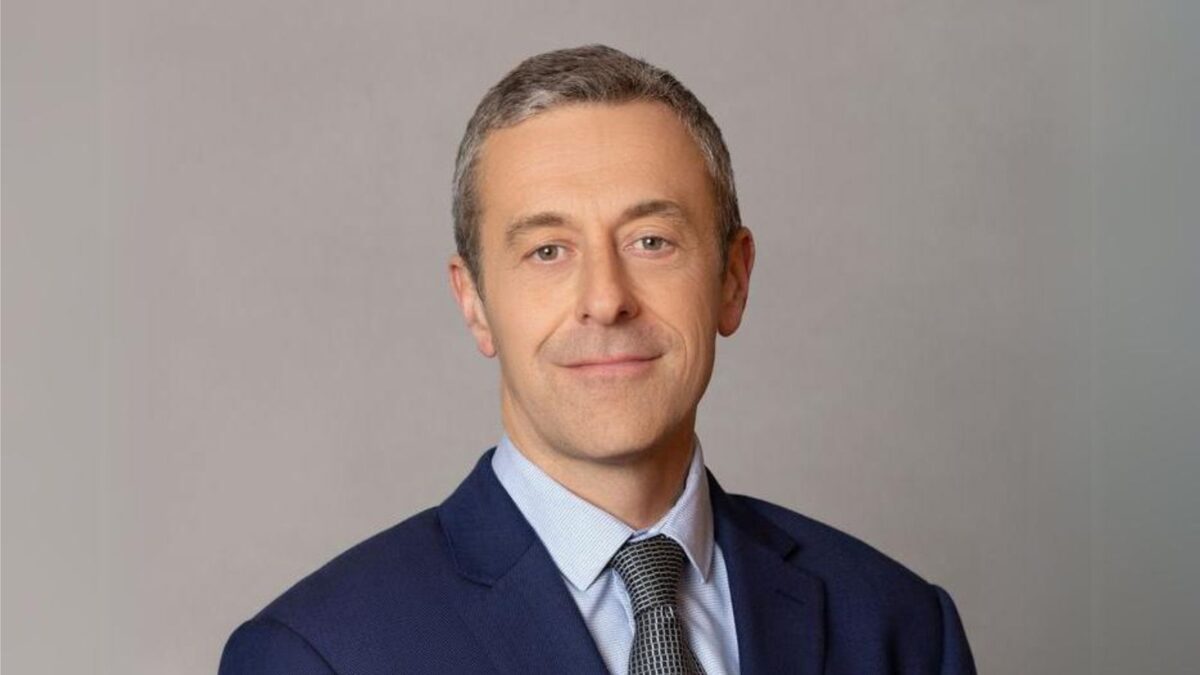No management fee in new real assets platform
Astarte Capital Partners, a London-based alternatives firm, has come up with an innovative platform structure, with no management fees, which is offering a tight range of private equity opportunities backed by niche real assets strategies.
Founder Stavros Siokos, who was visiting Australia last week as part of a US$200 million capital raising, says that he has lined up at least three business operators for the first round of investments. Astarte will provide seed capital plus some working capital to each operator, then form a private equity fund for each, and then raise further direct investment funding under normal private equity terms for each.
For the initial investors, such as the Australian super funds contacted last week, the profits from each enterprise flows through and is split between the operators, for 50 per cent, and the investors and the platform combined for the other 50 per cent, without the investors paying any management fee.
After the first fund for each operator is closed, at around the $200-250 million mark, one or two other, probably larger, funds will follow, without any further drawdowns for the initial investors.
For the operators, the arrangement will actually be turning simple, real assets backed niche businesses into institutional quality fund management firms. They retain control of their business operations and then are able to take control of any further funds beyond their initial contracts, which is typically an eight-10-year timeframe.
The three operators so far identified are:
- a family-owned US gas recycler, which builds a small recycling plant beside established gas production facilities. It has done four of these and is looking to expand its footprint.
- a billboards company in the UK which looks to lease traditional public space advertising positions, such as in train stations, and turn them into digital displays. The yield will typically jump a net 15 per cent going from static to digital displays.
- a seniors accommodation provider in Europe, which focuses on the luxury end of the market, either building or buying the properties and then operating them in three main cities: London, Barcelona and Geneva.
Siokos is a former Managing Director, head of alternatives execution and portfolio trading strategies at the old Salomon Smith Barney, which was acquired by Citi, and then global head of pensions solutions who left in 2008 to become the chief executive of private equity firm Sciens Asset Management, which has offices in London and New York. At Sciens, which Siokos help built into a US$6.5 billion business, he and his team developed the strategy of identifying and backing operators in niche industries. One of his most successful was a business which buys mid-life aeroplanes still in production and then strips them down for parts. As any car owner knows, the separately purchased parts for a vehicle add up to a far greater sum than the whole. Because in aviation every part needs a track record in order to be used again, the valuation of used parts remains very high.
“The funds hold the assets in a way which aggregate the risk,” he says. “We also introduced complete transparency to the process… At Astarte, we open up the books to investors.” He left Sciens and formed Astarte with some former colleagues in early 2015.
“The market wants a better alignment of interests with managers and it wants low-to-zero management fees,” he says. “We have a model where we create a pool of capital and we go out together to buy real assets in niche areas.”
While Astarte allows the operators free rein in their businesses, it safeguards its investments in a number of ways, including a spot on the investment committee to watch that parameters, including leverage, are not being breached.









